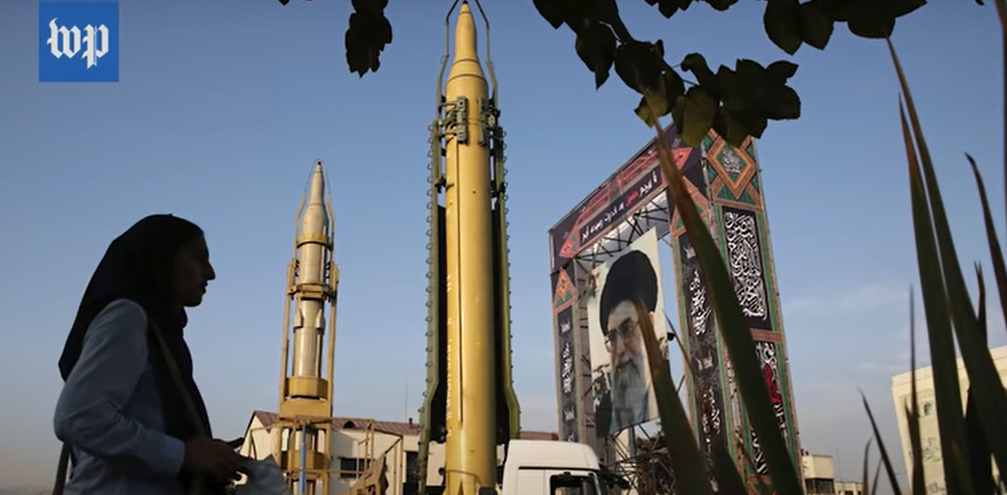Senior security officials are highly concerned about Iran’s recent threat to wage a “war of annihilation” against Israel from multiple fronts, including directly from Iran, should Israel launch a full-scale war against Hezbollah in Lebanon.
Although Iran’s threats to destroy Israel are not new, Israeli and American assessments had previously believed that Iran was not interested in a regional war.
The current rhetoric from Iran suggests a shift towards a direct confrontation with Israel, bolstering the argument that Israel is in an existential struggle.
The Iranian announcement has taken regional players and the Biden administration by surprise.
Israeli intelligence has varied assessments regarding what prompted Iran to make this threat now.
One perspective suggests that Iran is emboldened by the results of its direct attack on Israel on April 14, during which it launched over 300 ballistic missiles and drones at Israel.
Israel struggled to handle this attack independently and required assistance from an international coalition led by the U.S. to defend against this unprecedented assault.
Another view within Israeli intelligence is that Iran intended to send a political message to the United States and the United Nations.
This is evidenced by Iran issuing the threat through an official announcement by its delegation to the United Nations rather than the usual channel of the Revolutionary Guards.
This method aimed to clearly communicate to the U.S. that the threat implies a shift from a limited conflict to a regional war, a scenario President Biden is keen to avoid, especially with the presidential elections approaching.
Political officials in Jerusalem note that the Iranian announcement contradicts the UN Charter, yet UN Secretary-General António Guterres has remained silent.
Iran’s message is clear: it will not abandon its ally Hezbollah and will prevent Israel from inflicting significant damage on it, especially after Hezbollah has significantly bolstered its military power since 2006.
It is possible that Iran is attempting to deter the U.S. and Israel following the visit of Israeli Defense Minister Yoav Galant to the U.S. Iran may fear that the visit and the announcement of resumed U.S. arms shipments to Israel are preparations for a major surprise attack on Hezbollah, possibly preceding an all-out war.
Iran is also preparing for the possibility that Israel might launch a pre-emptive strike on its nuclear facilities if a regional war erupts.
During his visit to Washington, Defense Minister Galant discussed the Iranian nuclear threat in detail with senior U.S. officials, based on Israeli intelligence indicating that Iran has begun advancing the “Weapons Group,” which focuses on assembling a nuclear warhead on a ballistic missile.
In reality, all scenarios are on the table.
If Iran fully commits to a confrontation with Israel and strengthens Hezbollah’s resolve not to withdraw its forces from the Lebanon-Israel border, and is ready for a regional war, then Israel may have little to lose.
Strategic and military logic might dictate that Israel should preemptively strike Iran’s nuclear facilities before Iran acquires nuclear weapons.
Defense Minister Galant emphasized in a recent conversation with IDF soldiers on the northern border that Israel prefers a political settlement with Hezbollah rather than an all-out war.
Prime Minister Netanyahu echoed similar sentiments at the latest cabinet meeting. However, Iran appears to believe that Israel is weakened, viewing this as an opportune moment to attack with full force from all fronts, including Iran itself, utilizing tens of thousands of ballistic missiles, precision missiles, rockets, and UAVs.
Iran may estimate that the U.S., weakened by internal political crises, will be slow to come to Israel’s aid, allowing Iran to achieve strategic gains.
The IDF assesses that an all-out war with Hezbollah could escalate into a regional conflict.
The political and security leadership in Israel faces a difficult dilemma and is approaching a critical decision point.




